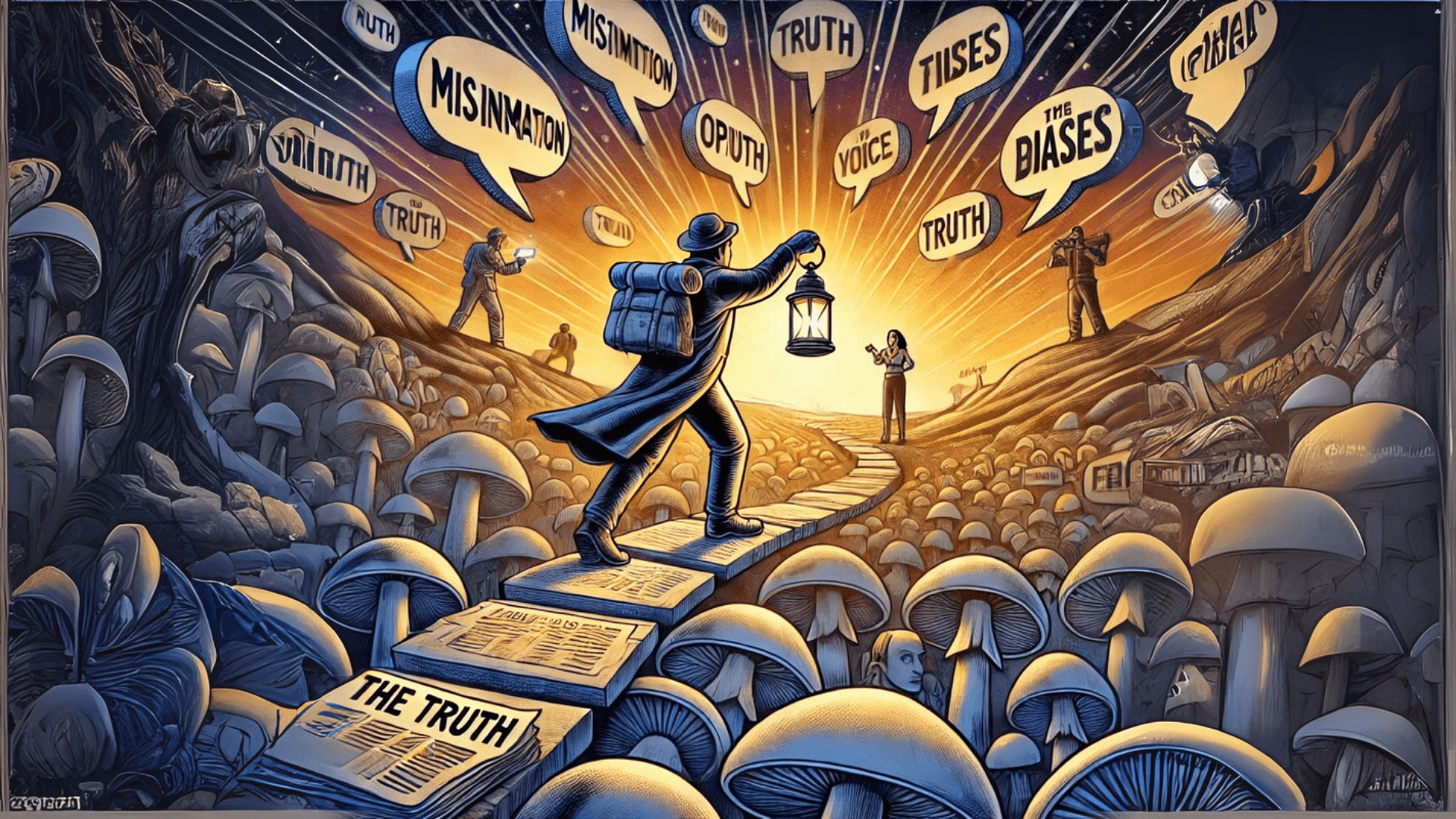Elon Musk's statement that "You are the media now" is an interesting one, especially in the context of X's evolving role as a platform for Free Speech.
For generations, journalism has been about seeking The Truth, sometimes even risking your life in the pursuit of Free Speech. It was an honor to report on historical events, to interview individuals that others could only dream of meeting, and to captivate the attention of hundreds of thousands.
Journalism, at its core, is about the search for The Truth, and on this journey, you're bound to find roadblocks, and sometimes even barricades. If you want to be a journalist, you have to be committed to overcoming those obstacles. This commitment means asking countless questions, digging deep, and—most importantly—being willing and able to question your own convictions.
Being a journalist is fun and sometimes, dangerous. It's like going for a treasure hunt, except facts are your treasures.
You shouldn't go hunting for treasures alone (Seriously, Lara Croft?) or unprepared. So, you should arm yourself with the ability to ask the right questions to the right people, and do impartial research.
The good thing about everyone being a journalist is that all of us have news.
The bad thing about everyone being a journalist is that all of us have opinions.
With X, we have opinions, AND a platform. So, what does an untrained human being/aspiring journalist on X do? They start sharing those opinions. And that's not a bad thing—the truth often emerges in debate, and free speech is a right enshrined in constitutions.
But we need to ask ourselves two key questions:
1. As content creators, are we making it clear when we're sharing an opinion?
2. As content consumers, can we tell the difference between facts and opinions?
Learning to differentiate between The Truth (best available facts) from An Opinion (a personal perspective, sometimes based on best available facts) is a pursuit of constant vigilance.
Here are a few questions I ask myself every time:
- Where is this information coming from?
- Is the information verifiable from multiple sources?
- Does the source have a personal interest/partisan leaning?
- Is the language neutral or emotional?
- Is this statement presented with certainty, or does it use qualifiers like 'I believe,' 'it seems,' or 'in my opinion'?
Reading and debating opinions (especially countering ones) is great, but don't get caught up in them–always search for The Truth.



